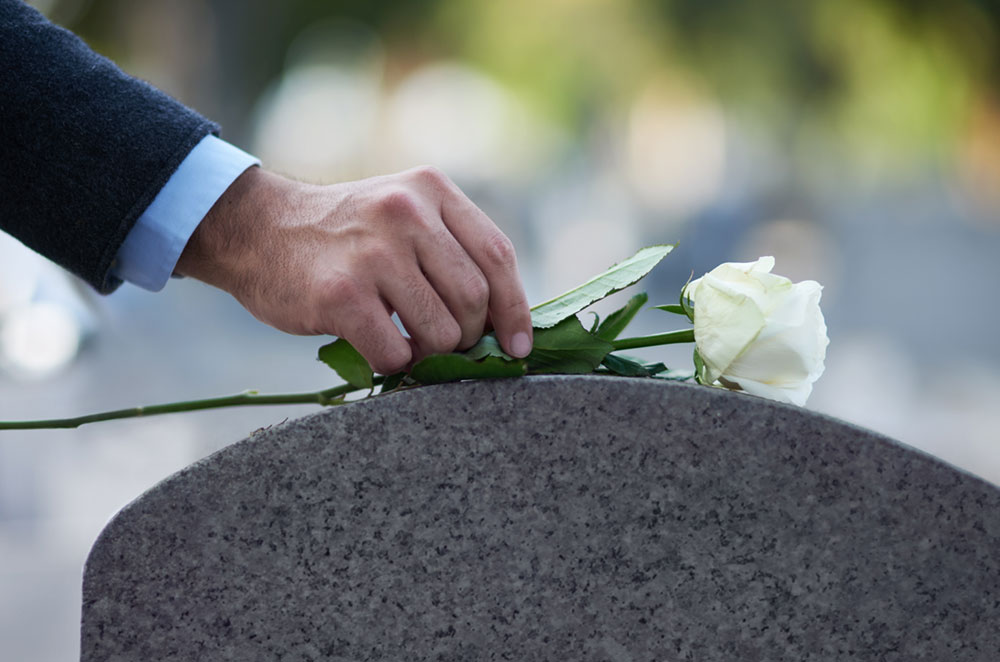
After an on-the-job injury, workers file a workers’ compensation claim to pay for medical treatment and compensation for missed paychecks until they heal enough to return to work.
But what happens when an accident is fatal?
Can workers’ families receive South Carolina workers comp death benefits for the loss of their loved ones after a job injury causes their death?
If so, how?
While no one wants to think about losing a family member to a work accident, it’s a question that every family should know the answer to, especially if one parent is the sole source of income for the family.
The answer is even more relevant for South Carolina residents. As of the latest available data, in 2022, South Carolina reported a total of 132 fatal occupational injuries, reflecting an increase from 107 in 2021. The fatality rate across the U.S. in 2022 stood at 3.7 deaths per 100,000 full-time equivalent (FTE) workers, a slight rise from previous years.
South Carolina’s data points to transportation incidents on the job as the leading cause, accounting for 39% of workplace deaths, followed by contact with objects/equipment (17%) and exposure to harmful substances or environments (16%).
Should I File for Workers’ Compensation Benefits or File a Wrongful Death Claim After My Loved One Dies on the Job?
If you lost your spouse to a workplace accident, at a minimum, you may be entitled to workers’ compensation death benefits. Depending on who or what caused the accident, you may also be entitled to file a wrongful death lawsuit.
If your loved one was eligible for workers’ compensation (almost all workers in South Carolina are), you do not have the legal right to sue their employer. You’re usually only compensated by the employer for your loved one’s death through their workers’ compensation insurance.
If your loved one was killed while working due to the actions of a third party, you may be able to sue the third party for your loved one’s wrongful death.
Examples include:
- If your loved one was killed in a motor vehicle accident, you may be able to pursue compensation from the other driver.
- If your loved one was killed due to defective work equipment or tools, you could pursue compensation from the manufacturer.
- If your loved one was killed due to the negligence of a contractor, you might be able to pursue compensation from the contractor.
- If your loved one was killed due to hazardous property conditions, you may be able to pursue compensation from the property owner (provided the property owner is not your loved one’s employer).
If you have questions about whether your loved one’s death is the fault of a third party, contact the experienced workers’ compensation attorneys at Joye Law Firm to discuss your claim.
What’s the Difference Between Workers’ Compensation Death Benefits and a Wrongful Death Claim?
All employers in South Carolina with four or more employees (including part-time workers and family members) are legally required to maintain workers’ compensation insurance. Workers’ compensation insurance provides benefits for on-the-job injuries, illnesses, and deaths regardless of who was at fault.
When a worker is killed doing job-related activities, workers’ compensation death benefits include:
- Funeral expenses
- Medical expenses related to any treatment they received for their injury before their death
- 2/3rds of the deceased’s weekly wages for up to 500 weeks
They do not, however, include benefits for non-economic damage such as pain and suffering or punitive damages.
A wrongful death claim in South Carolina requires the deceased’s family members to prove their death was the result of someone else’s negligence. The executor of the deceased’s estate must file the lawsuit on the family’s behalf—they can’t file it themselves.
Damages in a wrongful death claim may include:
- Funeral expenses
- Medical expenses related to any treatment they received for their injury before their death
- Lost income and benefits
- Loss of deceased’s care, companionship, and protection
- Loss of the deceased’s experience, knowledge, and judgment
- Pain, suffering, and mental anguish caused by the loss of the deceased
- Punitive damages, in cases where the defendant acted recklessly, such as by driving under the influence of alcohol or drugs













